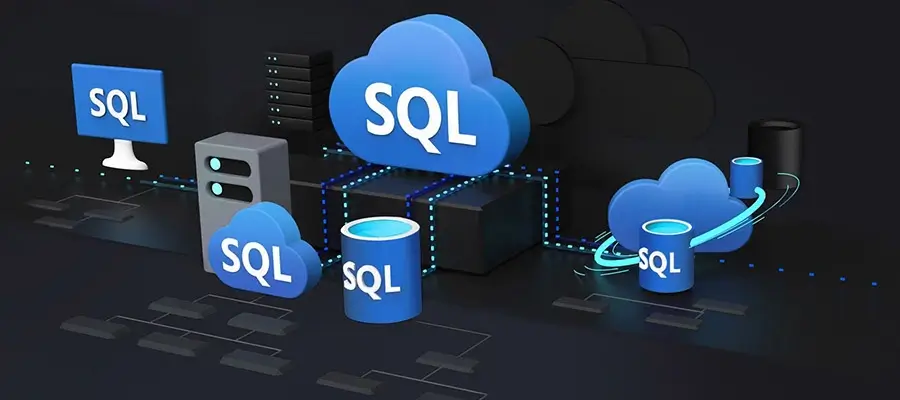The SQL programming training is designed to help the participant to understand the basics of application development in a RDBMS environment and to successfully work in this domain.
There are multiple courses available to fit the requirement of students and working Professionals.
1. SQL for Oracle RDBMS.
2. SQL for SQL Server Environment;
What skills will the student gain?
After the completion of this course, the student will be able to:
- Understand the basics of RDBMS
- Learn about commands in a database environment
- Learn about the different types of commands in RDBMS
- Learn about joining of database tables
- Learn how to create different objects
- Learn the details of steps to create a solution design
Mode of Training
- The classes are delivered during Weekday or Weekend in classroom or online modes
Locations:
- The training is offered in locations like Bhubaneswar, Bangalore, Bhopal, Chennai, Delhi, Indore, Kolkata, Mumbai and NCR.
Our past students have reviewed us highly and voted us as the best institute for SQL Training in Kolkata. They have also ranked us as one of the top institutes in India for SQL Programming training. So whether it is Finance, SCM, HCM or Technical - our faculty members have received great appreciation from participants. Our faculty members work with top tier IT companies like Cognizant, IBM, Infosys, Mindtree, TCS, Wipro and many others. They are passionate about teaching and sharing their knowledge with others and hence make it a point to ensure participants learn the application in the right way.







